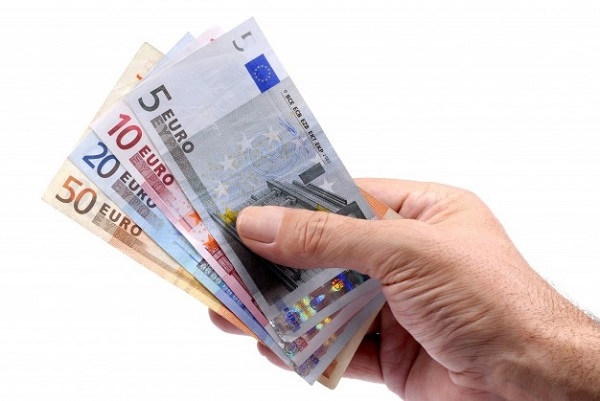
Luxembourg's Minister of Finance, Pierre Gramegna, today presented to the Finance and Budget Committee (Cofibu) and the Budget Execution Control Committee (Comexbu) the situation of public finances at the end of March 2021.
On the eve of the presentation of the new budgetary perspectives within the framework of Luxembourg's Stability and Growth Programme (SGP) for the period 2021 to 2025, which will take place on Tuesday in plenary session in the Chamber of Deputies, Minister Pierre Gramegna took stock of the situation of public finances as of 31 March 2021.
While March 2020 was the first month to be affected by the outbreak of the COVID-19 pandemic, the annual comparison is particularly relevant for assessing the impact of the crisis on public finances and the strength of the recovery at a time when the end of the tunnel looms on the horizon.
The Finance Minister noted: “After the note of optimism that we have seen over the first two months of the year, our country's public finances are clearly continuing the path of recovery. In total, public revenues collected until 31 March 2021 amounted to €5.4 billion, which represents a growth of 9.5% compared to the first quarter of 2020. Despite the health restrictions in place, public finances are thus demonstrating indisputable resilience and the Luxembourg economy continues to benefit from the government's balanced choices in the fight against the pandemic”.
Revenue collected by the administration of direct contributions (Administration des contributions directes) amounted to over €2.7 billion, which represents an increase of €192 million (up 7.6%) over one year. This positive trend is notably attributable to the continuously dynamic development of tax withheld from wages and salaries (RTS), as also evidenced by the recent drop in unemployment.
Revenue collected by the administration of registration, domains and VAT (Administration de l'enregistrement, des domaines et de la TVA) amounted to over €1.6 billion, an increase of €207 million (up 1.4%) compared to the first quarter of 2020. This increase is above all supported by revenue collected in respect of VAT, the considerable increase of which remains to be confirmed in the coming months, and to a lesser extent by revenue from subscription tax and registration fees.
Revenue collected by the of the Customs and Excise Agency continued to decline, amounting to €403.2 million (down 4%, or €17 million compared to the end of March 2020), due to the more widespread use of teleworking during the pandemic and thus reduced road traffic. The introduction of the CO2 tax at the start of the year also contribued to this downward trend. That being said, this development leads to a reduction in the quantities of fuel sold, which contributes to meeting the government's ambitious climate targets.
In total, public finances improved by 9.5%, amounting to almost €5.36 billion (an increase of €466 million).
Government expenditure remained almost at the same level as that observed at the end of March 2020, amounting to €5.3 million as of 31 March 2021, a slight increase of 0.6%.
While social benefits, driven in particular by the short-time working scheme for employees in the sectors most affected by the pandemic, have increased by €57 million or 11.9% compared to the first three months of 2020, operating and personnel costs only increased by 2.4%.
At the same time, the government continuds to rely fully on quality public investments in order to support recovery and innovation. Excluding an exceptional accounting impact recorded in 2020, direct and indirect investments increased by €42.7 million, i.e. 13.4%, compared to the end of March 2020.
Finance Minister Pierre Gramegna concluded: “After having observed a slight decrease in the deficit from February 2020 to February 2021, I am delighted today that the central government balance is now turning green with a surplus of €56 million as of 31 March 2021, i.e. €434 million more than the balance observed at 31 March 2020. Even if it is too early to draw a conclusion for the year 2021 as a whole, the current state of our public finances inspires trust and offer a credible basis for continuing the recovery effort when the pandemic is coming to an end thanks to an ambitious vaccination policy”.








